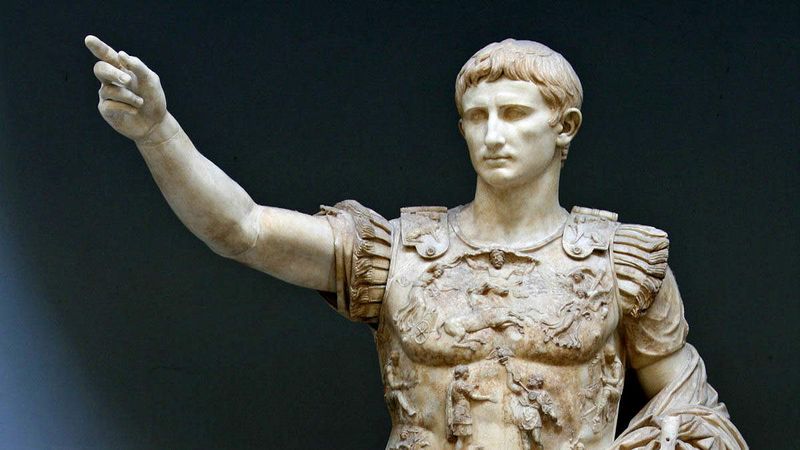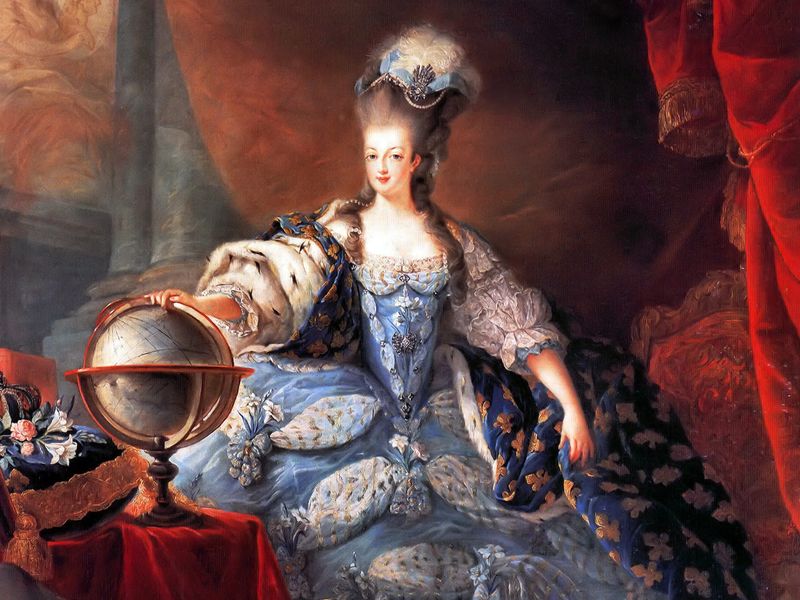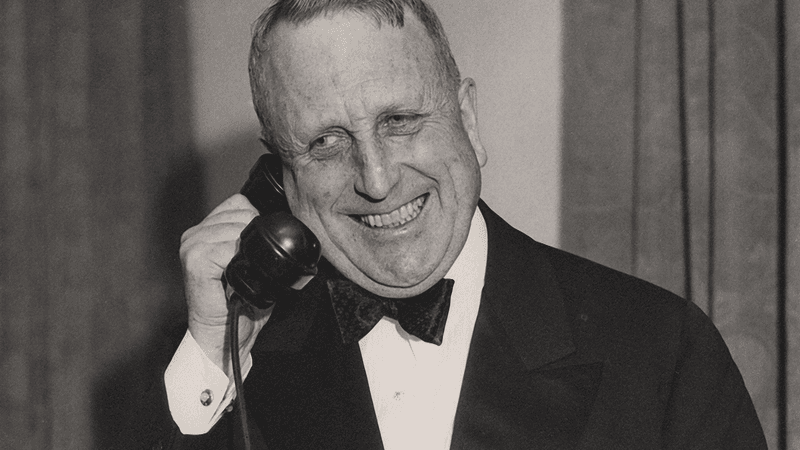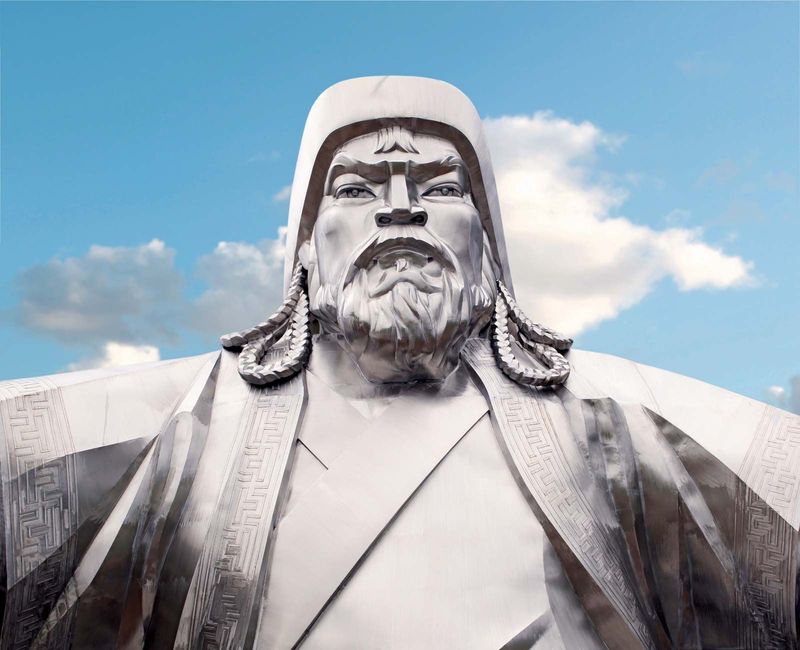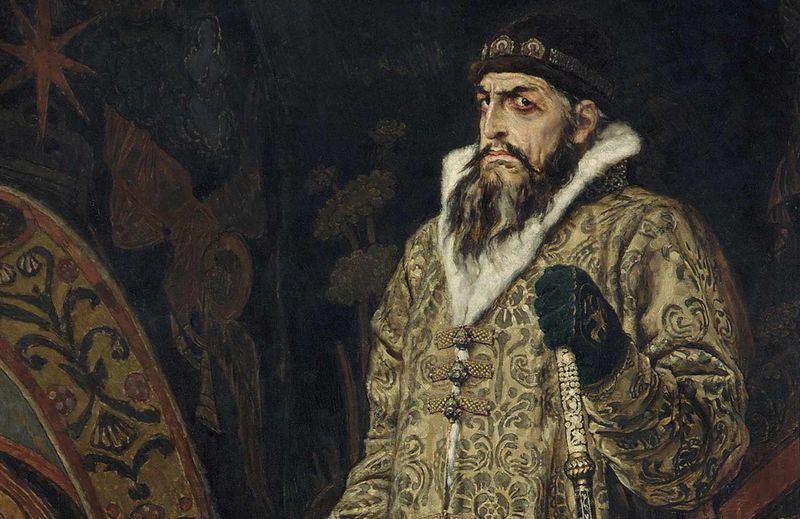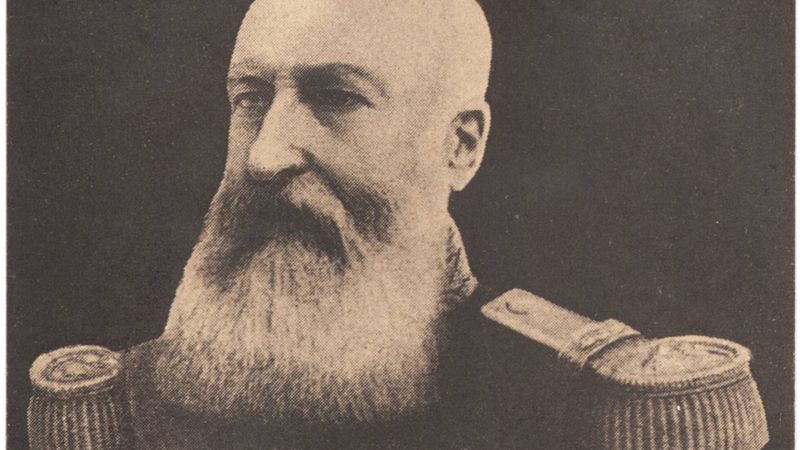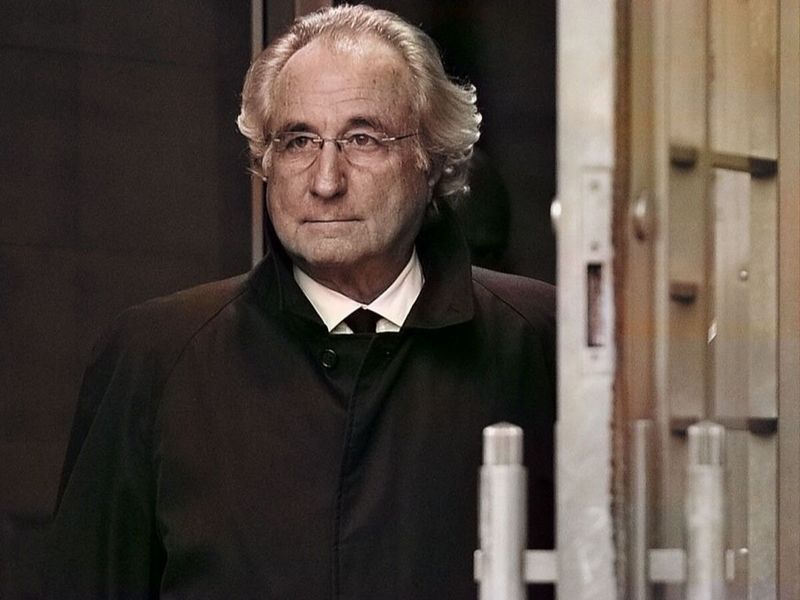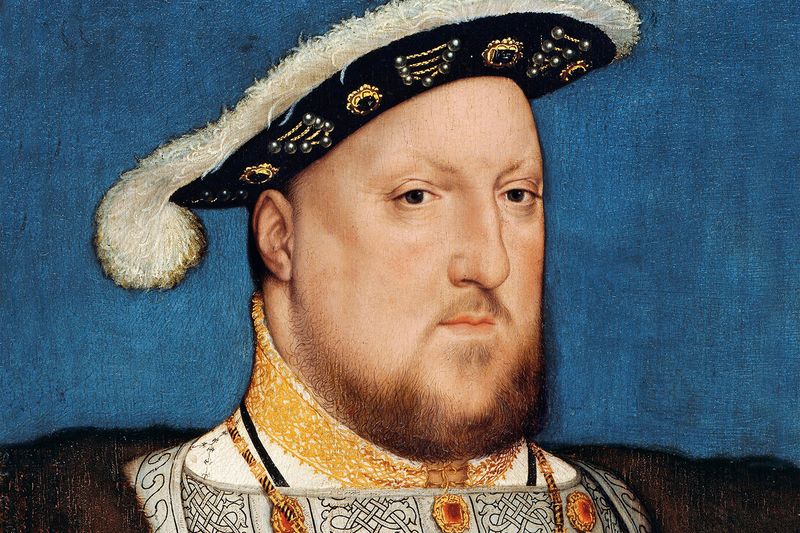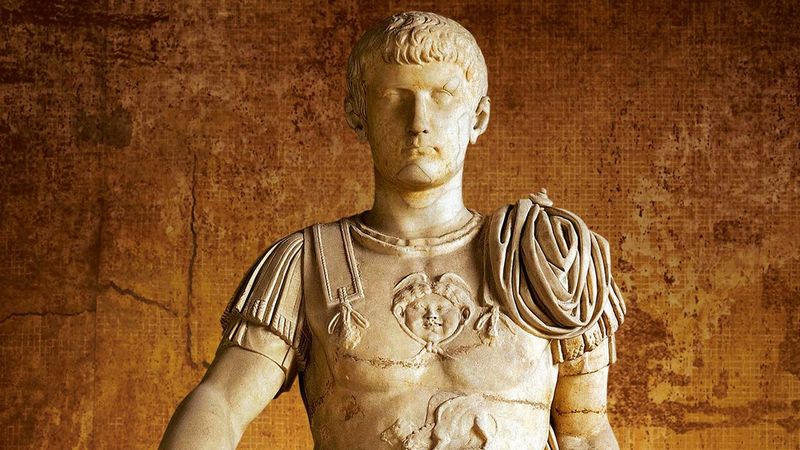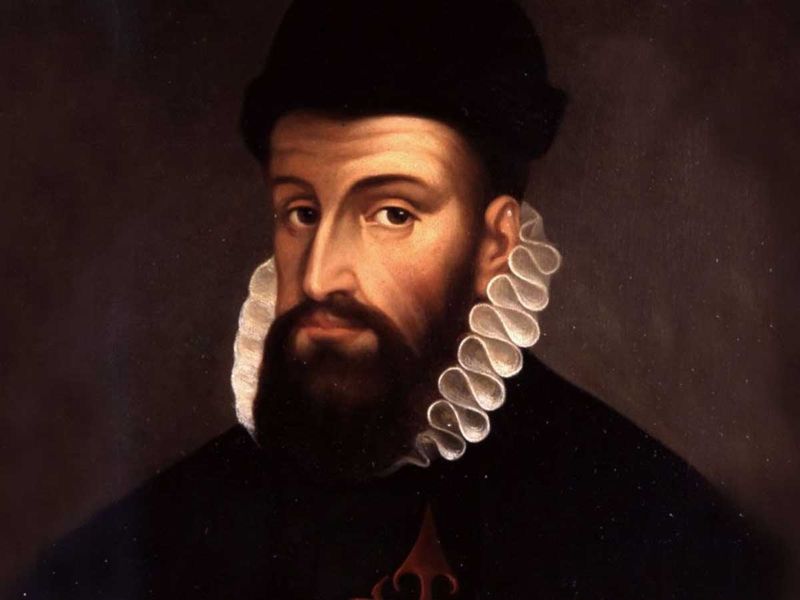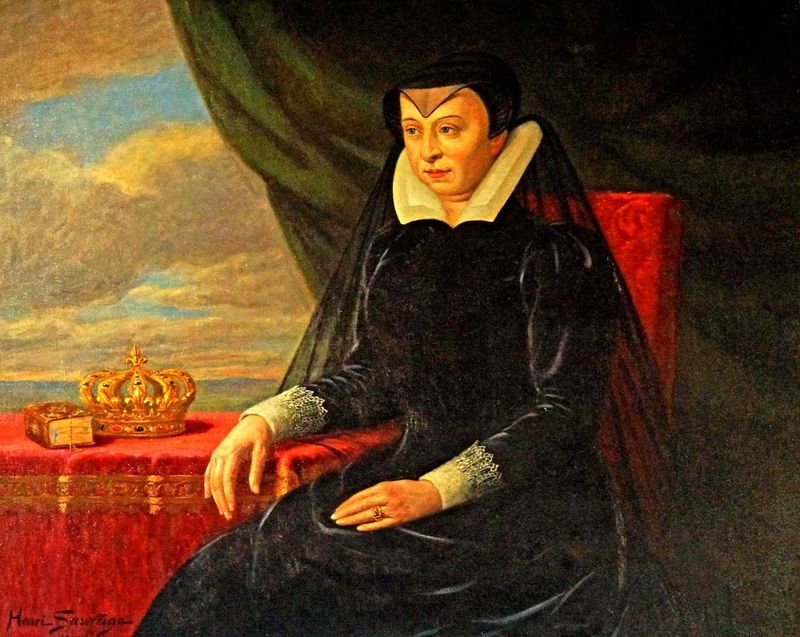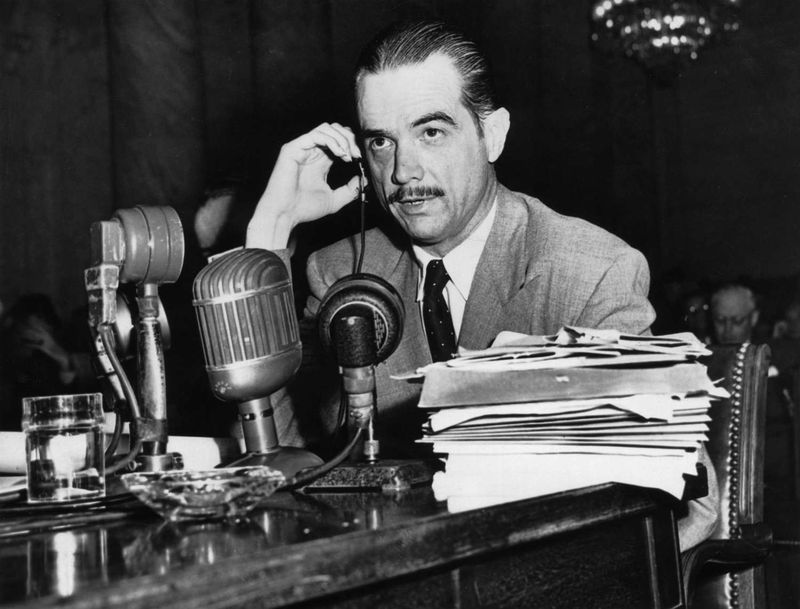13 Historical Figures Known for Their Notorious Greed
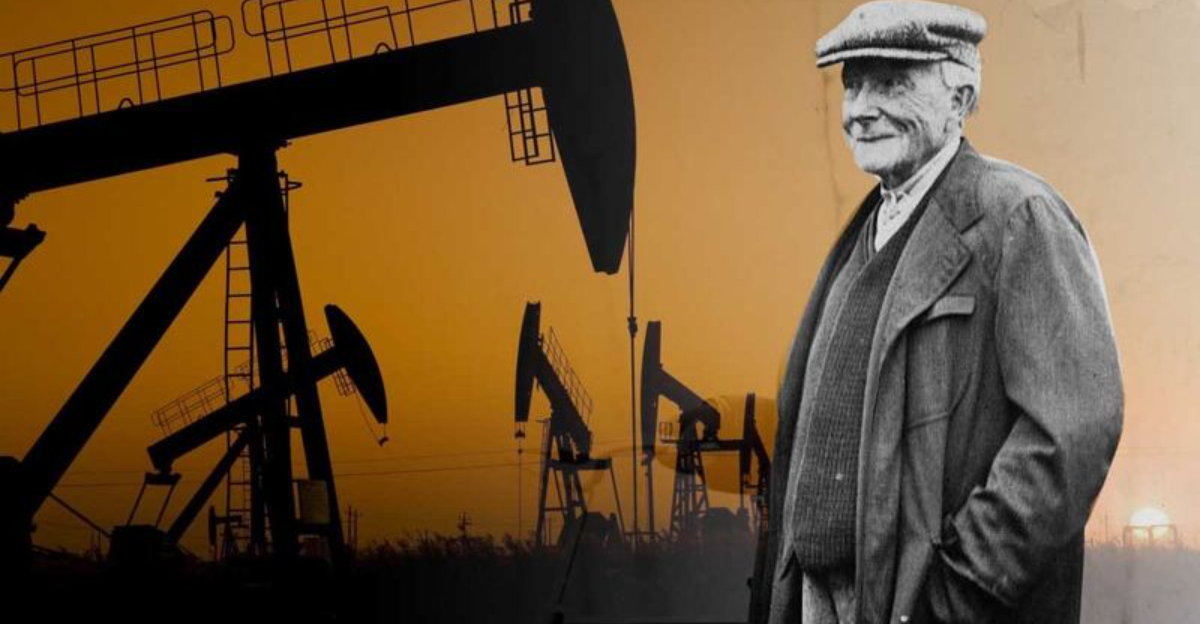
History is filled with individuals who stopped at nothing to satisfy their thirst for wealth, power, and influence. Whether kings, tycoons, conquerors, or cunning manipulators, these figures amassed fortunes, exploited resources, and controlled empires, and often at the expense of others. Some left legacies of ruthless ambition, while others paid the price for their insatiable greed.
From emperors who drained their treasuries to industrialists who crushed competition, this list highlights 13 notorious figures whose relentless greed shaped history.
1. Marcus Licinius Crassus
Few men in Roman history embodied greed quite like Marcus Licinius Crassus, Rome’s wealthiest citizen. His fortune wasn’t built on hard work alone—he capitalized on other people’s misfortune.
Crassus famously ran a private fire brigade—but it wasn’t a service for the public good. When a fire broke out, he would rush to the scene, but instead of putting out the flames, he offered to buy the burning property for a pittance. If the desperate owner refused, the fire raged on. Only after the property was signed over to him would his men douse the flames.
His insatiable greed extended beyond real estate. Despite his immense wealth, he craved military glory. This pursuit led him to a disastrous campaign against Parthia, where he was defeated and allegedly executed by having molten gold poured down his throat—a grimly poetic end for a man who could never have enough.
2. John D. Rockefeller
“Competition is a sin.” That was the mantra of John D. Rockefeller, the man who built Standard Oil into a monopoly so powerful that the U.S. government had to dismantle it.
Through ruthless business tactics, he drove competitors out of business, controlled railroads to block rivals from shipping oil, and secured secret deals that made him the ultimate oil tycoon. By the late 1800s, he controlled 90% of America’s oil supply, making him the richest man in history.
Public outrage over his greed led to antitrust laws that changed corporate America forever. While he later turned to philanthropy, donating millions, his aggressive empire-building made him the ultimate symbol of corporate greed.
3. Marie Antoinette
While “Let them eat cake” may be a misattributed quote, it perfectly captured the perception of Marie Antoinette’s lavish lifestyle amid France’s worsening poverty.
As the French monarchy teetered on collapse, she continued spending extravagantly on gowns, jewelry, and elaborate parties, ignoring the desperation of her subjects. Her obsession with luxury and detachment from reality made her a symbol of elite excess.
The cost? Her life. When revolutionaries stormed the palace, her unchecked greed became a rallying cry for change. She was executed by guillotine, her extravagant lifestyle fueling the very revolution that ended the monarchy.
4. William Randolph Hearst
If you think fake news is a modern problem, thank William Randolph Hearst. The media mogul behind yellow journalism, he exploited sensationalism, exaggerated facts, and outright fabricated stories to sell newspapers.
His greed for power and influence helped spark the Spanish-American War in 1898. When a U.S. battleship mysteriously exploded, Hearst’s papers blamed Spain without evidence, drumming up war fever that led to actual conflict.
Despite his massive empire, his reckless spending and hunger for influence led to financial ruin. His fall from grace serves as a cautionary tale about the dangers of manipulating the truth for personal gain.
5. Genghis Khan
At the height of his reign, Genghis Khan ruled over the largest contiguous empire in history. But how did he get there? Through sheer, unrelenting greed for land and power.
With his ruthless Mongol army, he burned cities, slaughtered millions, and demanded absolute submission. Entire civilizations—from Persia to China—were reduced to ashes in his quest for dominance.
Despite his brutality, he established the Silk Road trade network, connected distant cultures, and changed global history. His legacy remains one of both devastation and innovation, proving that even history’s most feared figures can have unexpected impacts.
6. Ivan the Terrible
Imagine ruling with such paranoia that you create a secret police force just to terrorize your own people. That was Ivan the Terrible’s reign.
He confiscated land from nobles, executed entire families, and even murdered his own son in a fit of rage. His greed for absolute control turned Russia into a nation of fear.
His brutal tactics laid the groundwork for centuries of autocratic rule, shaping Russia’s history in ways that can still be felt today.
7. Leopold II of Belgium
King Leopold II didn’t just rule Belgium—he personally controlled the Congo, treating it as his private business. Under his rule, the region became a nightmarish labor camp where millions passed away.
Leopold’s obsession with ivory and rubber profits led to forced labor, mutilations, and massacres. Despite trying to cover up the atrocities, the truth emerged, and global outrage forced Belgium to take control of the colony.
His unchecked greed remains one of history’s greatest crimes against humanity, and his legacy is one of shame, not glory.
8. Bernie Madoff
If there’s a modern face of greed, it’s Bernie Madoff. His Ponzi scheme defrauded investors of $65 billion, the largest financial fraud in history.
He promised steady returns, but in reality, he was stealing from new investors to pay old ones, keeping the illusion alive for decades.
His greed ruined thousands of lives, wiping out life savings and destroying charities. He was sentenced to 150 years in prison, proving that even the richest con men can’t outrun justice forever.
9. Henry VIII
When the Pope refused to grant him a divorce, Henry VIII didn’t take no for an answer. Instead, he created his own church.
He seized monasteries, confiscated church wealth, and executed anyone who opposed him. His greed for power and a male heir plunged England into religious turmoil, with consequences that lasted centuries.
Despite his infamous rule, his legacy lives on through the Church of England, a direct result of his personal ambitions.
10. Caligula
How greedy was Caligula? He spent so lavishly on personal pleasures that he bankrupted Rome.
From declaring himself a god to appointing his horse as a priest, his greed knew no bounds. His bizarre and extravagant reign ended when his own guards assassinated him, proving that even emperors aren’t untouchable.
11. Francisco Pizarro
Greed runs deep in the story of Francisco Pizarro, the Spanish conquistador who brought down the Incan Empire—not through strategy, but through sheer deception and brutality.
Obsessed with tales of golden cities, Pizarro lured the Incan ruler, Atahualpa, into a false negotiation. Instead of diplomacy, he took the emperor hostage and demanded a room filled with gold as ransom. Once the Incas delivered the wealth, Pizarro executed Atahualpa anyway and seized control.
His unquenchable thirst for riches led to the downfall of the Incan civilization, opening the doors for Spain’s ruthless colonization of South America. But greed has a way of turning on itself—Pizarro was later assassinated by his own former allies in a struggle for power.
12. Catherine de’ Medici
Power was Catherine de’ Medici’s currency, and she spent it without restraint. As the de facto ruler of France, she manipulated court politics with espionage, poisonings, and strategic marriages, ensuring her family’s dominance.
Her most infamous act of greed for control? The St. Bartholomew’s Day Massacre, in which thousands of French Protestants were slaughtered at her alleged command. Her ruthless plotting kept the Valois dynasty in power for decades, but it also plunged France into years of religious wars and instability.
Catherine’s legacy is a reminder that political greed doesn’t just shape kingdoms—it shatters them.
13. Howard Hughes
Howard Hughes had everything—fame, fortune, and brilliance. But his greed for absolute control, not just over business, but over his own life, led to his downfall.
He built a Hollywood empire, revolutionized aviation, and amassed billions—yet, his compulsive need for perfection and secrecy turned him into a prisoner of his own mind. He withdrew from public life, living in self-imposed isolation, obsessing over details no one else cared about.
By the end of his life, he was a recluse, hoarding everything from cash to his own urine, a tragic symbol of how some obsessions go far beyond money.

